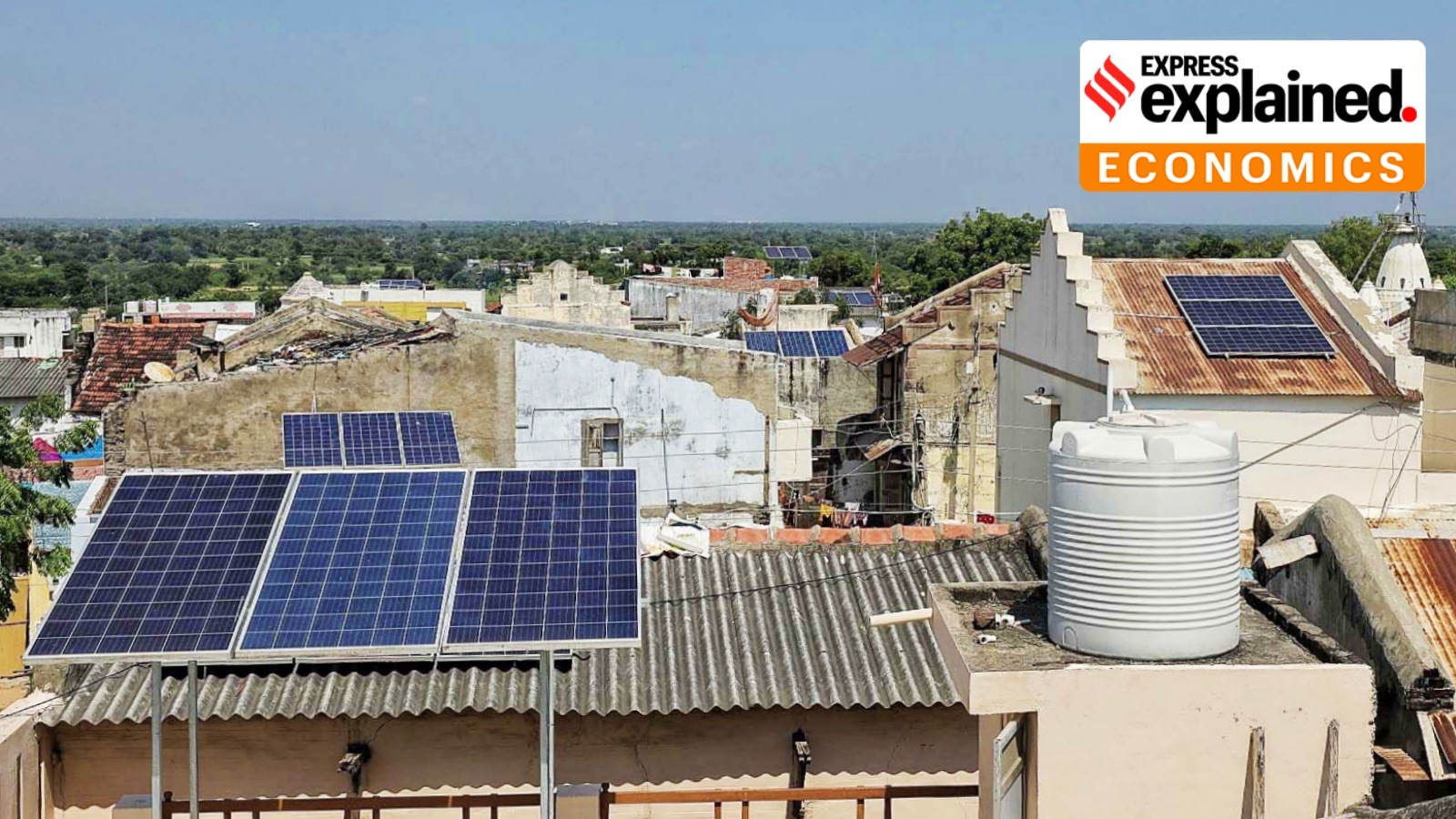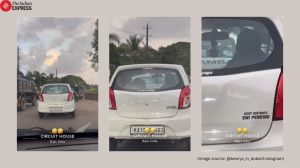The Ministry of Power has notified amendments to the Electricity (Rights of Consumers) Rules, 2020, to accelerate the installation of rooftop solar projects and empower consumers – with provisions on connections in residential societies and solving complaints on meter readings.
The amendments notified on February 22 have eased rules around the requirement of a technical feasibility report for rooftop solar projects. They also allow residential societies to opt for individual connections or a single-point connection through a vote. Electricity distribution companies (DISCOMs) will also be required to install an additional meter to verify consumer complaints on inaccurate meter readings.

The amendments have also reduced the timeline for getting a new electricity connection and require DISCOMs to provide a separate connection for an electric vehicle (EV) charging point, if requested by a consumer. These changes mark the fourth amendment since the 2020 notification was issued. Here’s what they say.
1. Installing rooftop solar made easier and faster
Earlier, DISCOMs were required to conduct a feasibility study for rooftop solar projects within 20 days of an application being filed, and then intimate the outcome to the applicant. A technical feasibility study determines whether a property is physically and financially suitable for the installation of solar panels.
The latest amendments have reduced that period to 15 days. Moreover, if the study is not completed by then, “it shall be presumed that the proposal is technically feasible”.
In other words, DISCOMs are no longer required to complete a technical feasibility study before accepting an application to begin the installation of solar panels. The rules also note that solar PV systems up to a capacity of 10 kilowatts shall be deemed accepted without requiring a study.
DISCOMs can also include expenditure on strengthening distribution infrastructure for rooftop solar projects (with a capacity of up to 5 kilowatts or higher) in its revenue requirement. The exact maximum capacity shall be prescribed by each state electricity regulatory commission.
Story continues below this ad
Put simply, the costs of strengthening distribution infrastructure for rooftop solar projects with a capacity of up to 5 kilowatts will be borne by DISCOMs, and this can be covered through its operations.
“Additionally, it has now been mandated that the distribution system strengthening necessary for rooftop solar PV systems up to 5 kW capacity will be done by the distribution company at its own cost,” the power ministry noted in a press release.
Lastly, the timeline between the installation and the commissioning of rooftop solar projects has been reduced from 30 days to 15 days.
The amendments come a week after Prime Minister Narendra Modi launched PM Surya Ghar: Muft Bijli Yojana earlier this month. The new government scheme will provide households with a subsidy of up to 40 per cent to install rooftop solar panels. The government expects the scheme to benefit 1 crore households and help save around Rs 75,000 crore per year in electricity costs.
Story continues below this ad
2. Empowering consumers in residential societies
The latest amendments include new rules to let consumers in a residential society opt for individual connections for households or a single-point connection “by means of a transparent ballot to be held by the distribution licensee”.
As per the rules, individual connections will be given to each house or flat owner provided that more than 50 per cent of the owners opt for it. If the owners opt for a single-point connection for the whole premises, then the association overseeing a residential society will be responsible for metering, billing, and collection of the amount due on a no-profit-no-loss basis.
In the case of individual connections, the DISCOM will be responsible for those tasks.
The rules define a residential association as one “comprising all the property owners within a Co-operative Group Housing Society, Multistoried Building, Residential Colony, or a similar body registered with the State Government”.
Story continues below this ad
The metering, billing, and collection in areas covered under a residential association, regardless of connection type, shall be done separately for individual electricity consumption sourced from the DISCOM, individual consumption of backup power supplied by the association, and electricity consumption in common areas of residential societies also sourced from the DISCOM.
The amendments also require DISCOMs to install an additional meter in case a consumer complains of meter readings not reflecting actual consumption. The additional meter, which is required to be installed within five days of the complaint being received, shall be used to verify the complaint for a minimum period of three months.
If the meter is found to be inaccurate, the excess or deficit charges shall be adjusted in the subsequent bills, as per existing rules.
3. New electricity connections to be provided more quickly
The amended rules have reduced the period for obtaining a new electricity connection or modifying an existing one in metropolitan areas from seven to three days. In other municipal areas, this has reduced from 15 to seven days, and in rural areas from 30 to 15 days. In rural areas with hilly terrain, however, the period will continue to remain 30 days.
Story continues below this ad
Electric Vehicles have been mentioned for the first time in the rules. DISCOMs are required to provide a separate connection for the supply of electricity to an EV charging point if requested by a consumer and within the revised period as mentioned above. In other words, EV owners in New Delhi, Bangalore, or other metropolitan cities can now get a new electricity connection to charge their cars in three days.








































